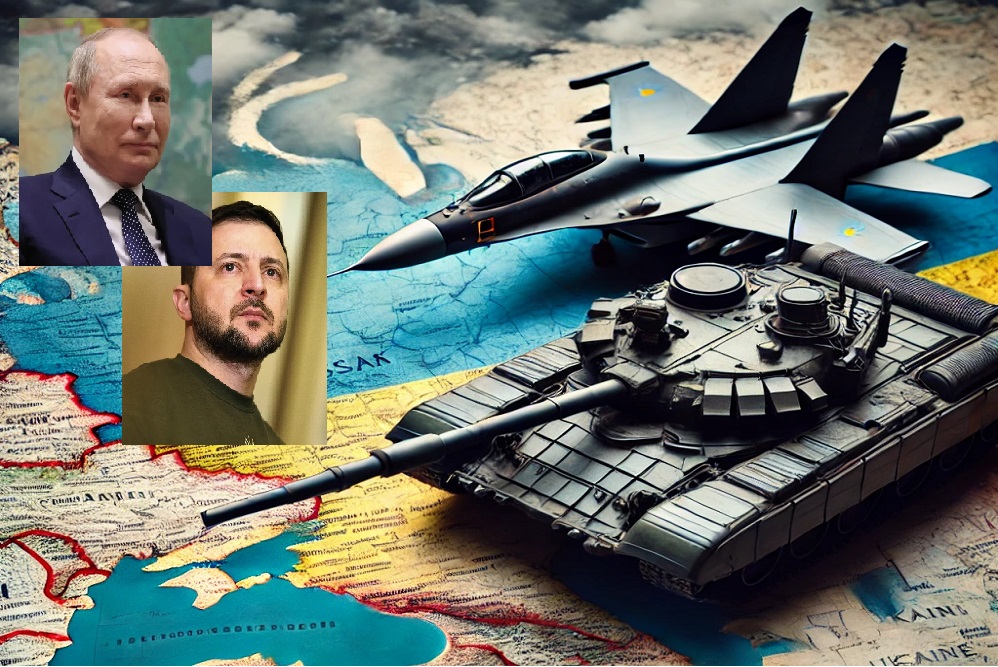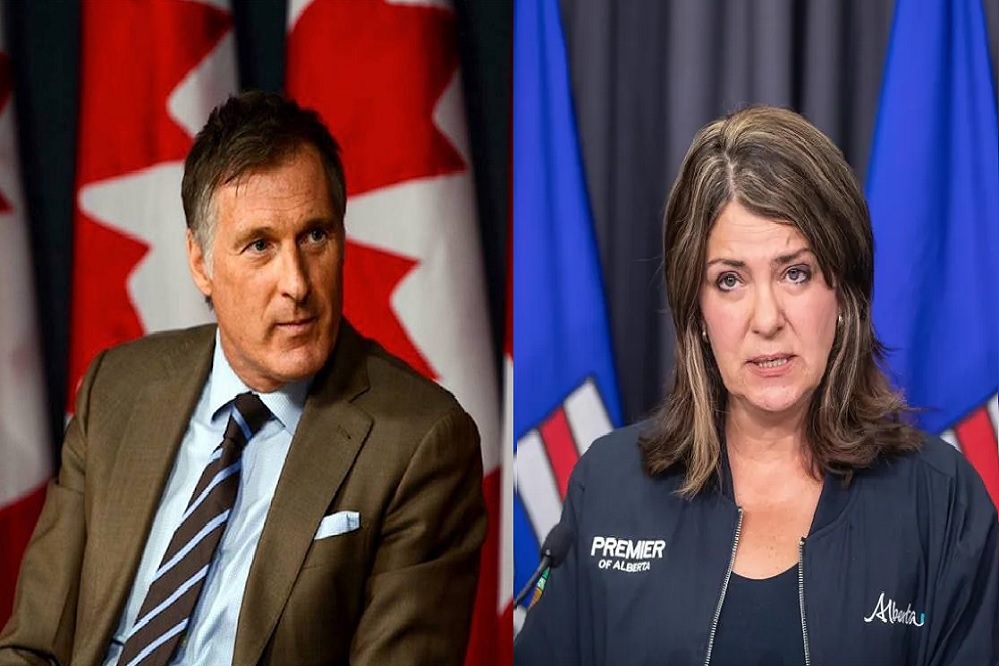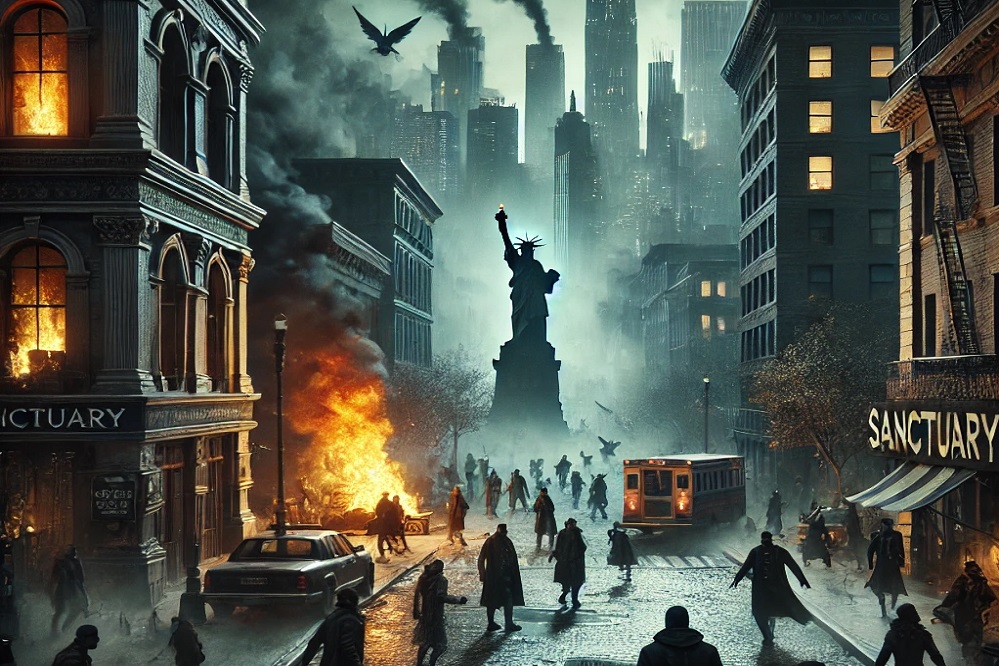The Russia-Ukraine war is not a mere regional conflict but a geopolitical struggle with far-reaching consequences. It involves not only the two countries at war but also the United States, NATO, China, and other global powers. The conflict has triggered a fierce political divide within the United States, especially between Democrats and Republicans, over how the U.S. should engage. Democrats frame the war as a defense of democracy against Russian authoritarianism, while Republicans argue that globalist interests and military contractors are driving the conflict, rather than a genuine commitment to democracy.
This war is testing international alliances and highlighting the divisions within American society. Tucker Carlson’s interviews with Russian President Vladimir Putin stand in stark contrast to mainstream media’s portrayal of the war, offering alternative perspectives on the conflict’s true drivers. As we examine the historical context, the key players, and the human costs, we’ll explore how this war may shape the future of global democracy and U.S. foreign policy.
HISTORICAL CONTEXT: THE SHARED HISTORY BETWEEN RUSSIA AND UKRAINE
Russia and Ukraine share centuries of intertwined history, culture, and religion. Before the Bolshevik Revolution in 1917, Ukraine was part of the Russian Empire, with both nations bound by the Orthodox Christian faith. The revolution, which had strong ties to Jewish intellectuals and European financiers, led to the creation of the Soviet Union, incorporating Ukraine as one of its republics. The Holodomor famine of the 1930s, under Stalin, was a brutal chapter in this shared history, causing millions of deaths in Ukraine and leaving deep scars on the Ukrainian national identity.
When the Soviet Union collapsed in 1991, Ukraine gained independence, but it remained deeply connected to Russia. However, over time, Ukraine leaned westward, especially after the 2014 Maidan Revolution, which saw a pro-Russian president ousted in favor of a Western-oriented government. Russia viewed this as a Western-backed coup and a threat to its security, particularly as Ukraine began pursuing NATO membership. From Moscow’s perspective, NATO’s expansion into Eastern Europe represented an existential threat, making the current conflict almost inevitable.
PUTIN VS. ZELENSKY: CONTRASTING LEADERSHIP AND EXPERIENCE
Vladimir Putin
Putin, with a background in the KGB and over two decades of leadership experience, is a master strategist who understands global power dynamics. His presidency has been defined by a desire to restore Russia’s position as a global power and resist Western encroachment, particularly through NATO. Putin views the war as not just about Ukraine but about preventing NATO from establishing a foothold in Russia’s sphere of influence. He is deeply opposed to the globalist agenda, which he sees as eroding national identities and undermining sovereignty.
Volodymyr Zelensky
Zelensky, in contrast, was a comedian before becoming Ukraine’s president. His rise to power was seen by many as a product of populism, and critics argue that his lack of experience in global affairs makes him a vulnerable figurehead for Western interests. Zelensky’s alignment with NATO and the CIA has only fueled tensions with Russia. His leadership has been reactive, relying heavily on Western military and financial support to sustain Ukraine’s defense. For Putin, Zelensky represents Western manipulation rather than an independent Ukrainian leader.
AMERICA’S ROLE: BIDEN, HARRIS, AND THE AFGHANISTAN FAILURE
The Biden administration’s handling of the Russia-Ukraine war has drawn significant scrutiny, particularly in the wake of its chaotic withdrawal from Afghanistan in 2021. The sudden exit from Afghanistan allowed the Taliban to reclaim control, plunging the country into renewed repression, particularly for women and children. This failure undermined Biden’s claims of championing human rights and democracy, raising questions about his administration’s true motives in supporting Ukraine.
Vice President Kamala Harris, who was closely involved in the administration’s foreign policy decisions, has also faced criticism for her role in the Afghanistan withdrawal. Her failure to effectively manage that crisis has raised doubts about her ability to lead the country in future global conflicts.
Further complicating matters is the involvement of Biden’s son, Hunter Biden, in Ukraine. Hunter’s business dealings with Ukrainian energy company Burisma, coupled with allegations of corruption, have led many to question whether U.S. support for Ukraine is motivated by financial interests rather than democratic ideals. These accusations cast a shadow over America’s role in the conflict, with critics pointing to the Biden family’s ties to Ukraine as a potential conflict of interest.
WHO BENEFITS FROM THIS WAR?
- Globalist Elites: The weakening of Russia plays into the hands of globalist elites who seek to centralize power in supranational organizations like NATO and the European Union. By destabilizing Russia, globalists can further their vision of a borderless, globally governed world.
- Military Contractors: U.S. defense contractors like Lockheed Martin, Raytheon, and Northrop Grumman are profiting immensely from the conflict. The longer the war continues, the more weapons are sold to Ukraine, creating a lucrative market for these corporations.
- NATO: The war has given NATO a renewed purpose, justifying its expansion and strengthening its role as the primary defense against Russian aggression. NATO uses the conflict as a testing ground for military strategies without directly engaging Russia.
- China: While maintaining official neutrality, China benefits from the West’s distraction with Ukraine. The conflict allows Beijing to expand its influence in Asia and Africa without facing the full scrutiny of Western powers. Additionally, China’s alliance with Russia grows stronger as both nations resist Western dominance.
THE DIVIDE BETWEEN DEMOCRATS AND REPUBLICANS OVER THIS WAR
Tucker Carlson’s Interviews vs. Mainstream Media
The divide between Democrats and Republicans over the Russia-Ukraine war has been highlighted by Tucker Carlson’s interviews with Vladimir Putin, which present an alternative narrative to that of the American mainstream media. While Democrats frame the war as a defense of democracy, Carlson’s interviews reveal Putin’s perspective: that NATO’s expansion and the influence of globalist elites are the real drivers of the conflict. Carlson’s viewpoint aligns with many Republicans, who believe that U.S. involvement in the war serves the interests of global elites and military contractors rather than the American people.
Democrats’ View
- Democrats argue that the U.S. has a moral obligation to support Ukraine in its fight against Russian aggression.
- They frame the conflict as part of a broader struggle between democratic values and authoritarianism.
- President Biden has positioned the U.S. as a leader in defending democracy on the global stage, with Ukraine seen as the frontline of that battle.
Republicans’ View
- Republicans, particularly figures like Tucker Carlson, argue that U.S. involvement in the war is unnecessary and risks provoking a nuclear conflict with Russia.
- They view the war as driven by globalist interests, with NATO and the CIA using Ukraine as a pawn to weaken Russia.
- Carlson has criticized the Biden administration’s handling of the conflict, suggesting that the real beneficiaries are military contractors and global elites, not the American people.
WHAT MAJOR POWERS ARE LEARNING FROM THIS WAR
- Russia: Russia is learning the limitations of its conventional military forces while refining its hybrid warfare tactics. Despite facing sanctions, Russia is adapting its economy to function independently of Western markets and finding new trade partners in countries like China and India.
- NATO and the U.S.: NATO is using Ukraine as a testing ground for military strategies, observing Russia’s capabilities without directly engaging in combat. The U.S. is also refining its approach to proxy wars, where it can exert influence without risking American lives.
- China: China is closely watching how the West handles Russia, particularly in terms of sanctions and military support. The conflict offers valuable lessons for China as it considers its own territorial ambitions, particularly in Taiwan.
- Ukraine: While Ukraine has shown resilience, the cost has been enormous. The war has devastated its infrastructure, economy, and population, and its future remains uncertain. Ukraine’s reliance on Western aid raises questions about its long-term sovereignty and independence.
THE HUMAN COST: BROTHERS AT WAR
The Russia-Ukraine war has caused immense human suffering, with both nations paying a steep price. Ukraine has seen its cities bombed, millions of citizens displaced, and tens of thousands of lives lost. The economic damage will take decades to repair, and the emotional toll on the Ukrainian people is incalculable.
For Russia, the war has also exacted a heavy toll. Thousands of Russian soldiers have died, and economic sanctions have plunged the country into financial hardship. Perhaps the greatest tragedy is the fraternal divide between Russians and Ukrainians—two nations with shared language, culture, and history that are now pitted against each other in a brutal conflict. These deep wounds may take generations to heal.
CONCLUSION: WHY THIS WAR IS CRUCIAL FOR AMERICAN DEMOCRACY
The Russia-Ukraine war is not just a regional conflict—it is a test of American democracy and its global influence. The divide between Democrats and Republicans over the U.S. role in this war reflects broader ideological differences about America’s place in the world. Democrats argue that the U.S. must defend democracy wherever it is threatened, while Republicans are increasingly skeptical of foreign entanglements that serve the interests of global elites rather than ordinary Americans.
As the war continues, Americans must ask themselves who truly benefits from U.S. involvement. Is the U.S. supporting Ukraine for the sake of democracy, or are hidden agendas—whether driven by financial interests, military contractors, or globalist elites—dictating foreign policy? The answers to these questions are critical not only for the future of Ukraine but for the future of American democracy itself.
To preserve democracy, the American people must demand transparency and accountability from their leaders. Understanding the true motivations behind this war is essential to ensuring that U.S. foreign policy serves the interests of the American people, not those of the global elite. In a time of increasing political division and uncertainty, the truth is more important than ever.



